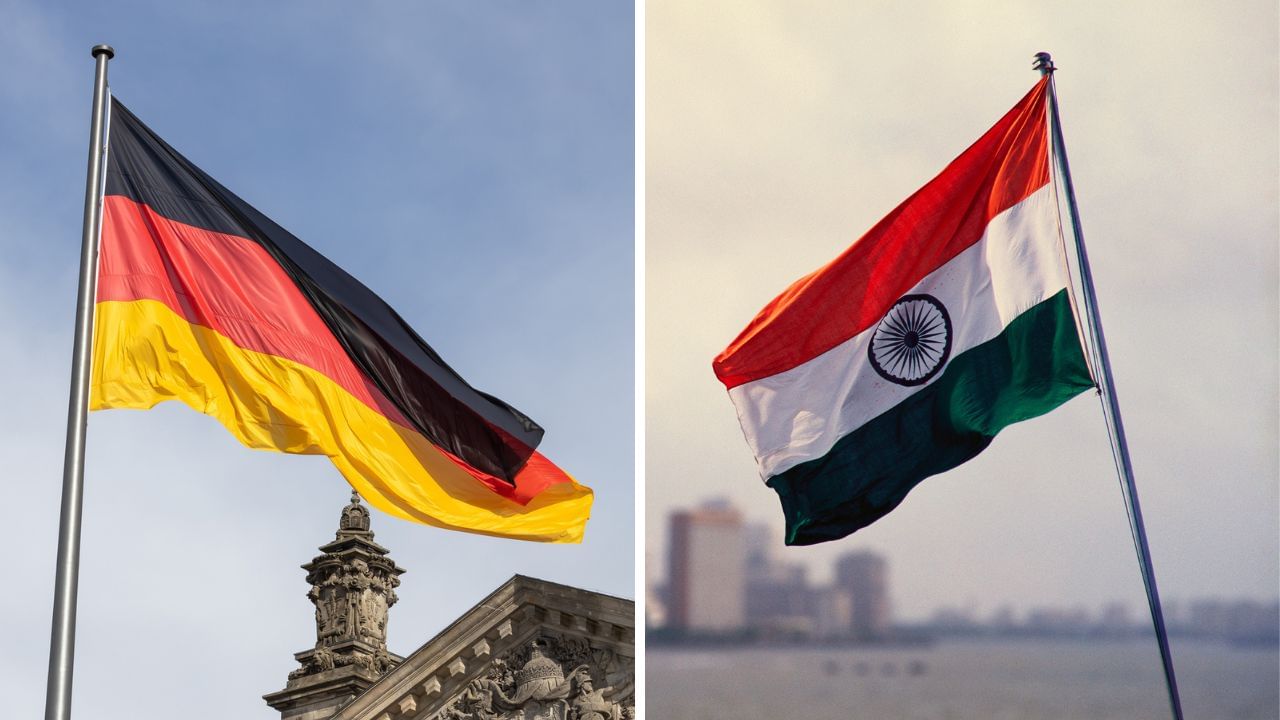
New Delhi: Germany will eliminate its informal visa appeal mechanism from July 1 across all countries. The decision will significantly affect Indian applicants seeking Schengen or national visas for education, skilled work, or tourism.
Germany scraps informal visa appeal process, Indians face new hurdles
As per the German Missions in India, the measure aims to reduce wait times and reallocate staff to expedite visa processing. But the withdrawal of the ‘remonstration procedure’ means applicants will now be left with only two alternatives if their visa is denied — both more complex and expensive.
What is the remonstration procedure?
Until now, rejected visa applicants could file a written appeal — called a ‘remonstration’ — without any cost, to contest the decision without entering a legal battle.
“The Federal Foreign Office has decided to abolish the remonstration procedure for visa rejections worldwide from July 1. This eliminates a legal remedy in the visa application procedure that is not statutorily prescribed and which, up to now, has been granted voluntarily,” the German Missions in India announced on their website.
This change follows a pilot programme initiated in June 2023, which temporarily suspended remonstrations to test the impact on visa processing.
“Evaluation of the pilot project has shown that dispensing with the remonstration procedure has released considerable staff capacity in visa sections in some cases, freeing up staff to process more visa applications,” the Missions added.
The trial reportedly helped reduce backlogs and speed up the visa issuance process.
Impact on Indian applicants
With Indians comprising a large segment of Germany’s visa seekers, the effects will be strongly felt. A report by the visa platform Atlys indicated a sharp rise in Schengen visa applications from India in 2024. Schengen visas permit travel to 29 European countries for up to 90 days in a 180-day span.
Tourism from India to Germany also surged in 2024, with 8,97,841 overnight stays recorded. This is up 8.6 per cent from 2023’s count of 8,26,703 overnight stays.
Given the upcoming changes, applicants will need to be far more meticulous. Germany rejected over two lakh Schengen visa applications in 2024, with a denial rate of 13.7 per cent.
If rejected, Indians will now have two choices: reapply from scratch or file a legal appeal through the German judiciary. Legal recourse involves hiring a lawyer and could take up to two years for resolution.
“Adequate legal protection will also be guaranteed in the future, for judicial review under law will not be limited by the abolition of the remonstration procedure. Furthermore, it goes without saying that all applicants have the option of submitting a new visa application at any time in the case of a rejection,” stated the German Embassy.
Experts warn of added challenges
However, some warn that the new rules remove an essential safeguard.
“Germany’s upcoming visa reform, effective from July 2025, is a double-edged sword for Indian students and travellers,” Ankit Mehra, Founder & CEO of GyanDhan, told Financial Express.
“By removing the appeals process for rejected visa applications, the system promises faster processing and administrative efficiency. However, it also eliminates a crucial safety net. Applicants will no longer have the option to appeal rejections, making it essential that their documents and application meet all criteria from the start,” Mehra added.










